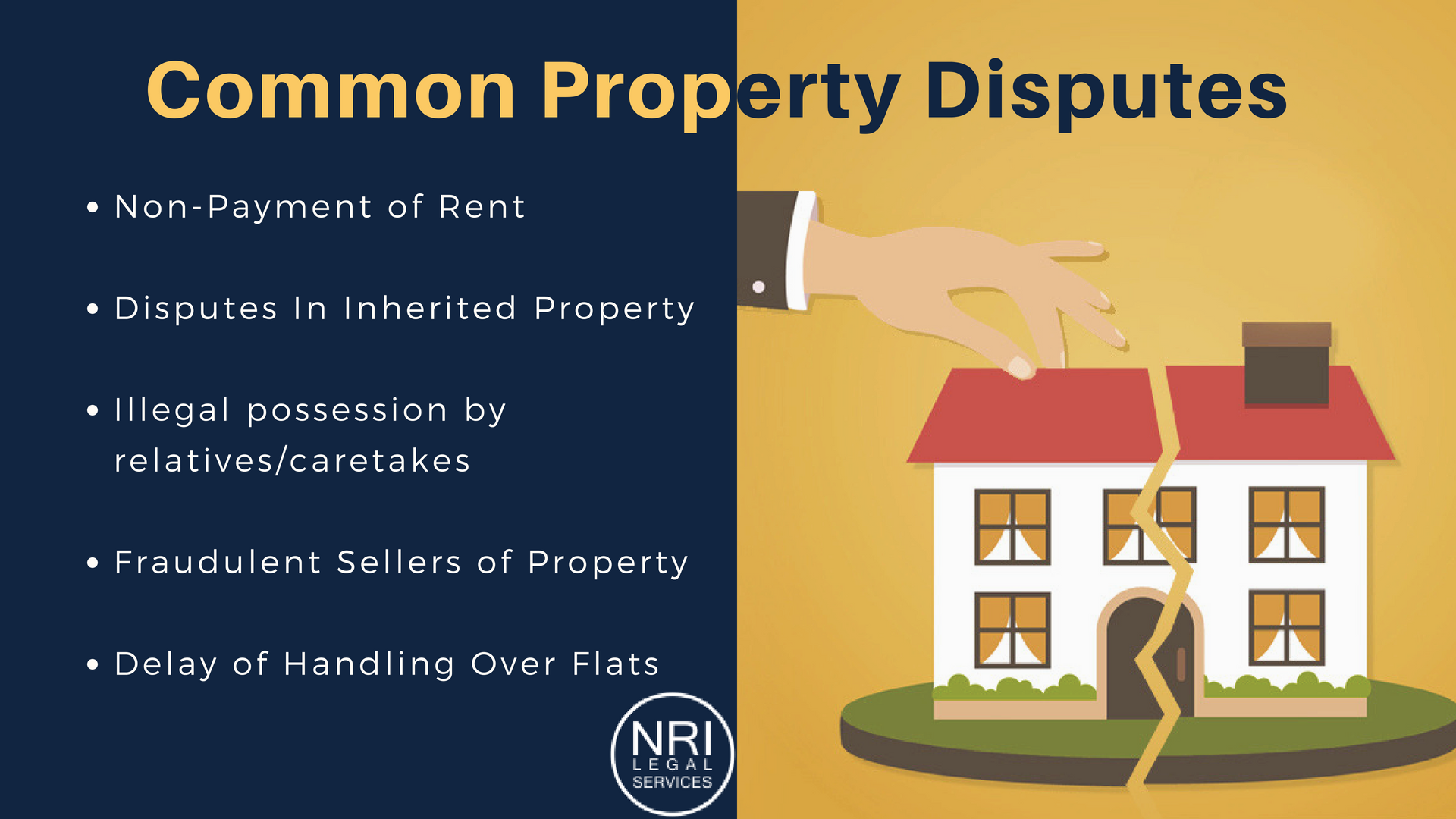Types of Property Disputes
What They Are: Boundary disputes occur when there’s confusion or disagreement about the exact line separating two properties. This might be due to unclear property deeds, misplaced markers, or conflicting surveys.
Why They Matter: These disputes can affect property value, usage, and future transactions. Misunderstandings or errors in boundary lines can lead to legal challenges and unnecessary conflict.
How to Resolve:
- Hire a Professional Surveyor: A certified surveyor can provide an accurate boundary assessment.
- Review Property Deeds: Look into historical property deeds to verify boundary descriptions.
- Open Communication: Discuss the issue with your neighbor to reach an amicable resolution.
2. Title Disputes
What They Are: Title disputes involve conflicts over the legal ownership of a property. Common issues include errors in public records, fraudulent claims, or disputes over inheritance.
Why They Matter: A clouded title can hinder your ability to sell, refinance, or fully enjoy your property.
How to Resolve:
- Check Title Records: Confirm ownership with your local land registry office.
- Obtain Title Insurance: This can protect you from losses due to title issues.
- Consult a Lawyer: If problems persist, a property lawyer can offer guidance on clearing the title.
3. Landlord-Tenant Disputes
What They Are: Disputes between landlords and tenants often revolve around lease terms, rent payments, maintenance responsibilities, or property conditions.
Why They Matter: These disputes can lead to unhappy living conditions, financial stress, and legal actions.
How to Resolve:
- Review the Lease Agreement: Ensure both parties understand and adhere to the lease terms.
- Document Everything: Keep detailed records of all communications and transactions.
- Consider Mediation: A neutral third party can help resolve issues without the need for court intervention.
4. Easement Disputes
What They Are: Easements grant rights to use another’s property for specific purposes, such as access roads or utility lines. Disputes arise when there’s a disagreement over the scope or use of these rights.
Why They Matter: Misunderstandings or disputes over easements can impact property use and access.
How to Resolve:
- Review Easement Agreements: Ensure all parties are aware of and agree on the easement terms.
- Communicate Clearly: Discuss any concerns or potential changes with the other party involved.
- Seek Legal Help: If conflicts continue, a lawyer specializing in property law can provide solutions.
5. Inheritance Disputes
What They Are: Inheritance disputes occur when family members disagree on the distribution of property after someone’s death.
Why They Matter: These disputes can lead to lengthy legal battles and family discord.
How to Resolve:
- Examine the Will: Verify the property distribution aligns with the deceased’s wishes.
- Consult an Estate Lawyer: Legal experts can help resolve conflicts and clarify inheritance laws.
- Negotiate Settlements: Mediation may help achieve a fair resolution among family members.
Tips for Preventing Property Disputes
- Keep Clear Records: Maintain organized and up-to-date property documents, including deeds, leases, and easements.
- Communicate Proactively: Engage in open dialogue with neighbors, tenants, and family members about property use and boundaries.
- Seek Professional Advice: Consult with property experts or legal professionals before making significant decisions or changes.
- Utilize Mediation: Attempt mediation to resolve conflicts before escalating to court proceedings.
- Stay Informed: Regularly review property laws and regulations to avoid potential disputes.
Conclusion
Understanding and addressing common types of property disputes is essential for maintaining property value and ensuring smooth ownership experiences. By staying informed, seeking professional advice, and engaging in open communication, you can effectively manage and resolve these conflicts. Whether dealing with boundary issues, title disputes, or tenant disagreements, taking proactive steps can help you navigate these challenges and protect your property interests.
